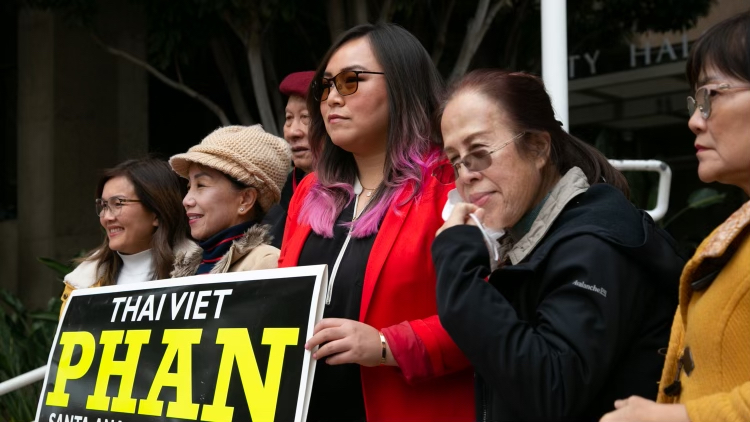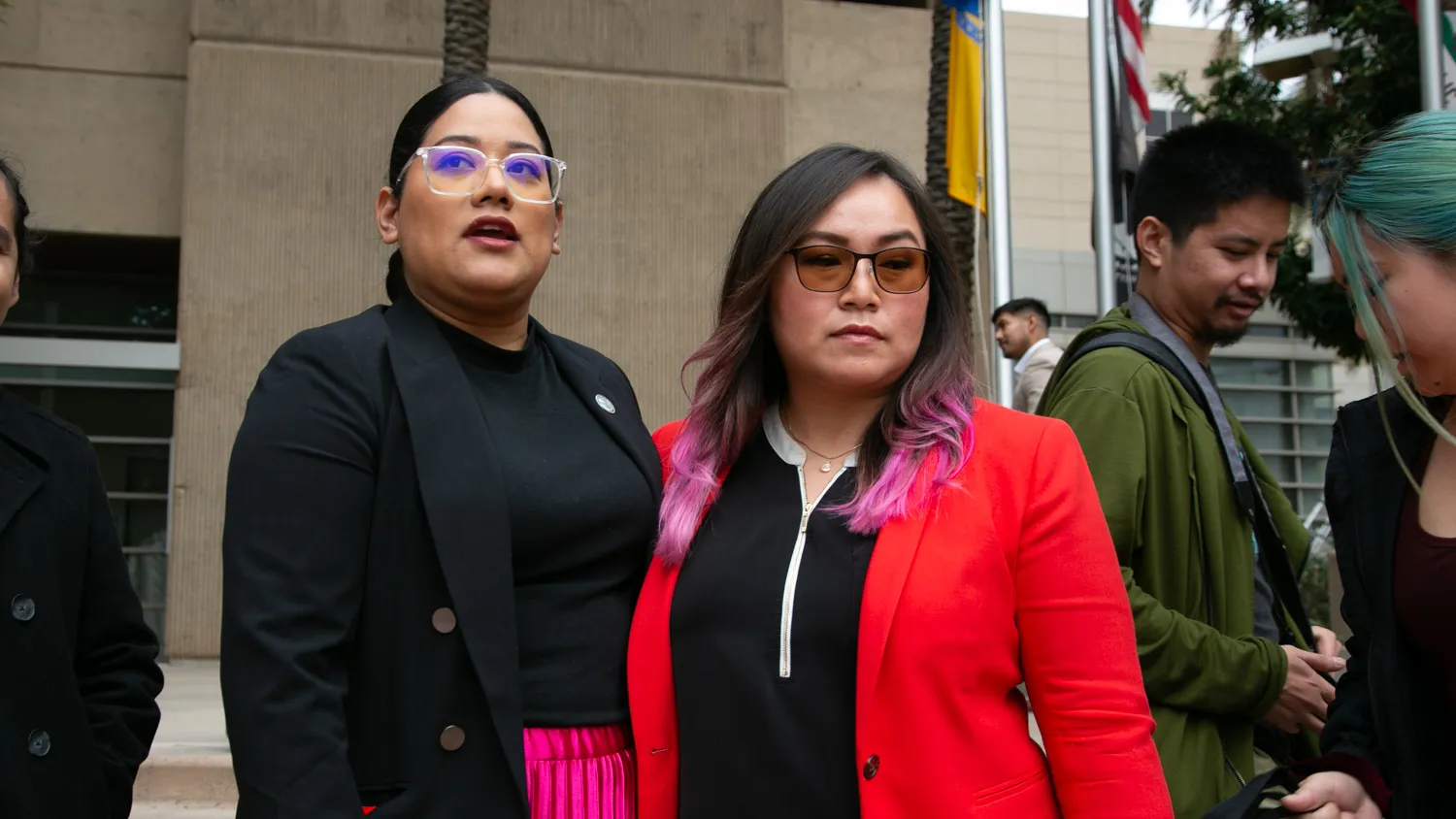The ongoing recall election in Santa Ana, sparked by the rejection of the Santa Ana Police Officers Association's (SAPOA) proposal for police officer raises, raises serious concerns about the undermining of democratic processes. This recall attempt pits the SAPOA against the duly elected councilmembers of wards 1 and 3, Thai Viet Phan and Jessie Lopez, who were chosen to represent their neighborhoods.
The essence of a recall election should be the power of the people to remove elected officials before their terms expire, not a tool to empower special interest groups seeking to consolidate power. Unfortunately, the SAPOA, led by Gerry Serrano, has established a political machine that exerts significant influence over City Hall, even resorting to hostage-taking tactics to secure higher police salaries. This pattern of behavior has eroded public confidence in local government, as demonstrated by their baseless litigation against City of Santa Ana executive employees.
Recent legal battles between the SAPOA and the city have resulted in significant financial losses for the association, with court-ordered payments of nearly $67,000. The recall election strategy being employed by the SAPOA resembles the tactics used in 2020 to successfully recall councilmember Ceci Iglesias over her opposition to police raises. It is clear that special interest groups, like the SAPOA, have a history of influencing Santa Ana politics by supporting specific candidates who align with their agenda.

Not limited to the SAPOA, other special interest groups have also sought to shape Santa Ana politics. For example, the Apartment Association of Orange County filed a lawsuit against the city, attempting to overturn the rent control ordinance. These groups often employ misleading tactics, as seen in their signature-gathering campaign to repeal the ordinance, which was countered by determined Santa Ana activists advocating for tenants' rights.
The potential recall of two women of color on the Santa Ana City Council, fueled by the SAPOA and local historian Tim Rush, would impose a heavy financial burden on Santa Ana taxpayers. The city cannot afford to divert resources away from community investments to cater to the interests of a few. Furthermore, the removal of Paul Walters from his administrative role due to his alignment with then-mayor Miguel Pulido highlights a power vacuum that enabled the SAPOA to exert undue influence over political candidates and demand pay increases.
The militarization of police forces in America has often perpetuated a struggle for power that disregards the welfare of the people. Paul Walters and the SAPOA have historically marginalized the Santa Ana community through intimidation, harassment, and fear. The stories of individuals like Brandon Lopez, who was killed by the police in Santa Ana, serve as reminders of the urgent need to prioritize public safety and community well-being over special interests.
It is crucial that Santa Ana upholds democratic principles and ensures that the voice of the people is respected. The power lies with the voters, not special interest groups, to determine the future of public safety in Santa Ana. The community must come together to protect the integrity of their democratic processes and ensure that their interests are placed above those of self-serving entities.

